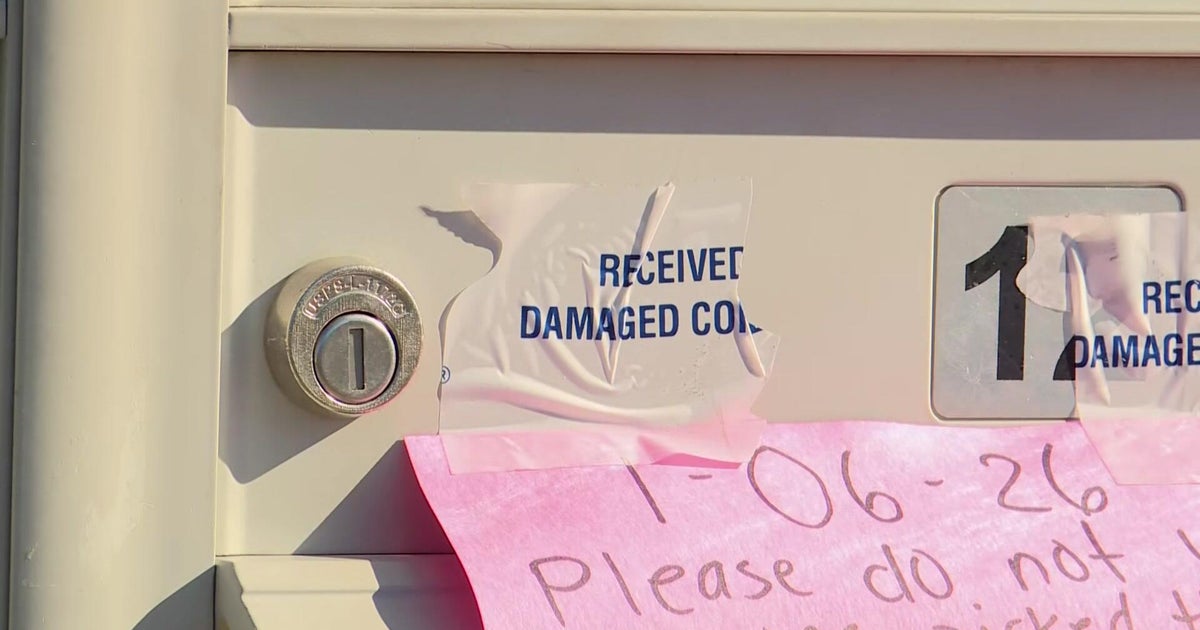Miami Lakes Workers To File Wage Theft Claims
MIAMI LAKES (CBSMiami) – More than three dozen construction workers who claim they haven't been paid in weeks will gather in Miami Lakes to demand their salaries.
The 35 workers were employed by a sub-contractor to build the Residences at Lakehouse. They say the sub-contractor was terminated from the job ten days and didn't pay them. The workers went to the General Contractor, CB Constructors, but were only offered minimum wage, far less than what they were promised.
"CB Constructors let us go November 30 and I still haven't received the $1400 that I was owed for three weeks work. This is not fair and it plays with people's dignity," said Raul Raudales.
Wednesday afternoon, the 37 workers will go to their former construction site where they will be met by a representative of the county's Wage Theft Task Force. They will then file official claims against the sub-contracting company and CB Constructors. They will also send the project's developer a letter informing them of the situation.
Natalia Jaramillo, with the Florida Immigrant Coalition, said many times wage theft goes unreported because the workers are undocumented. In this case, all of the workers are legal residents of the U.S., some who have lived and worked in South Florida for the last 25 to 30 years.
According to Jaramillo, wage theft continues to be a rampant epidemic in Florida, but fortunately Miami-Dade County offers workers a way to claim their salaries through a Wage Theft Program.
Approved by the county in February 2010, the local wage theft ordinance provides a place for workers to turn when they are victims of wage theft. Managed by the county's Small Business Development Division, the program has already collected or awarding almost $800,000 for over 400 workers.
Some Florida legislators, however, don't support the program. On December 7, a Florida House subcommittee voted to pass HB 609 which would preempt local wage theft ordinances, like the one Miami-Dade currently has. The passage of this legislation would effectively leave Florida workers with very little recourse when they are victims of wage theft since the state does not have a state level department of labor.
"The (Miami-Dade) County's program has been so successful that other counties, including nearby Palm Beach County, began to look at local options for also addressing their wage theft epidemics," said Cynthia Hernandez, a researcher at Florida International University. "The attempts to block local ordinances started only after the Legislature saw the possible spread statewide."
Last month, the Miami-Dade Commission unanimously passed a resolution asking the legislature to pass a state law against wage theft that would establish a model ordinance that counties can utilize to address wage theft locally.







